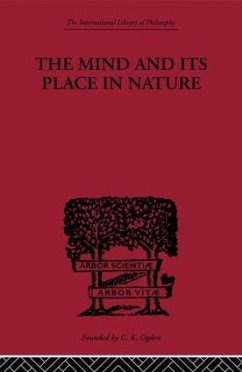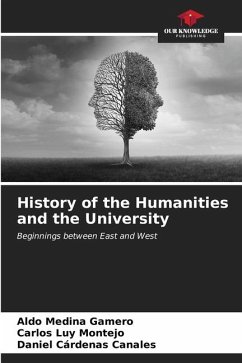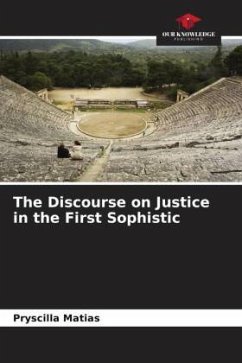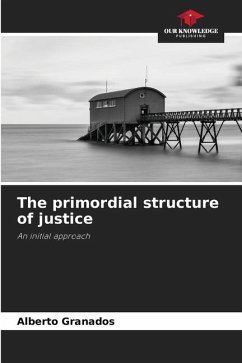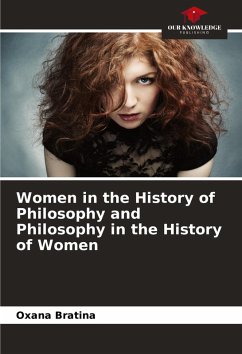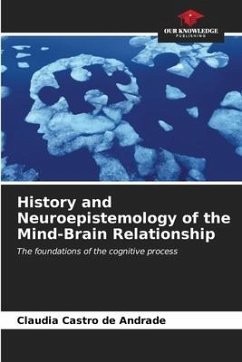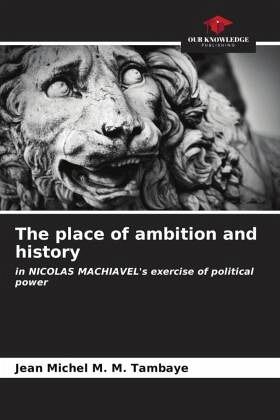
The place of ambition and history
in NICOLAS MACHIAVEL's exercise of political power
Versandkostenfrei!
Versandfertig in 6-10 Tagen
71,99 €
inkl. MwSt.

PAYBACK Punkte
36 °P sammeln!
After fourteen years of service in the Chancellery and a further fifteen years of exclusion from the affairs of the Republic of Florence, Nicolaus Machiavelli set about establishing a theory of ambition that developed according to the rules of a revolutionary method. This method, so demanding, selects and analyzes, arranges and places notions taken from the experience of his time and the history of the Ancients. This theory of ambition discards classical models and neglects the philosophers and theologians who strove to reconcile the art of governing men with rational ethics and the Gospel. Ma...
After fourteen years of service in the Chancellery and a further fifteen years of exclusion from the affairs of the Republic of Florence, Nicolaus Machiavelli set about establishing a theory of ambition that developed according to the rules of a revolutionary method. This method, so demanding, selects and analyzes, arranges and places notions taken from the experience of his time and the history of the Ancients. This theory of ambition discards classical models and neglects the philosophers and theologians who strove to reconcile the art of governing men with rational ethics and the Gospel. Machiavelli's theory of ambition is concerned only with what relates to the public good and the preservation of the state. It is also nourished by historical substance and lived experience, based on an incessant confrontation of the present with the past.




